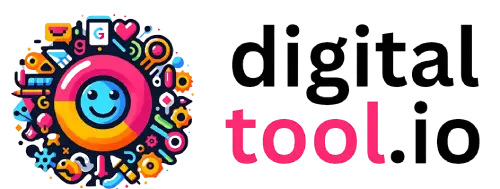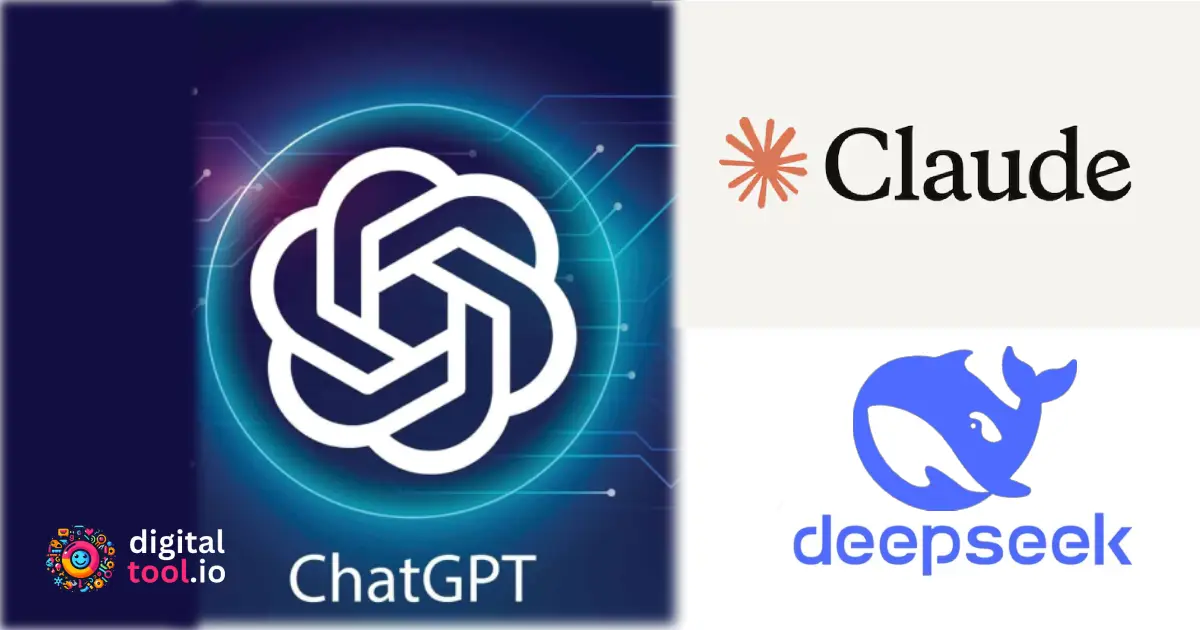In 2020, only 10% of businesses used artificial intelligence (AI) tools to streamline operations and enhance decision-making. Fast forward to 2025, and AI is reshaping every industry—from healthcare and finance to education and retail. But with so many options available, how do you identify the best artificial intelligence tools for your needs? Whether you’re a small business owner seeking automation solutions or a tech enthusiast exploring cutting-edge innovations, this guide will help you navigate the landscape of AI tools, their features, applications, and future potential.
Introduction to Artificial Intelligence Tools
Artificial intelligence tools are software applications designed to mimic human intelligence by analyzing data, recognizing patterns, and making decisions autonomously. These tools have become indispensable across industries due to their ability to improve efficiency, accuracy, and scalability. From automating repetitive tasks to generating insights from vast datasets, the best AI tools are transforming workflows and driving innovation.
The significance of these tools lies in their versatility. For instance, natural language processing (NLP) enables chatbots to provide seamless customer support, while predictive analytics helps retailers forecast demand and optimize inventory. As we delve deeper into this article, we’ll explore the core features, real-world use cases, and emerging trends that make AI tools indispensable in today’s digital age.
Key Features & Capabilities of the Best AI Tools
When evaluating the best artificial intelligence tools , it’s essential to understand their core functionalities. Here’s a breakdown of what sets them apart:
- Data Analysis : Modern AI tools can process massive datasets quickly, extracting actionable insights that would take humans months to uncover. For example, platforms like IBM Watson excel at identifying trends in financial markets.
- Automation : Automation is one of the most sought-after capabilities of AI tools. Tools like UiPath and Zapier integrate seamlessly with existing systems to automate routine tasks, saving time and reducing errors.
- Predictive Analytics : By leveraging historical data, AI tools can predict future outcomes with remarkable precision. Salesforce Einstein, for instance, uses predictive analytics to enhance sales forecasting.
- Natural Language Processing (NLP) : NLP powers tools like OpenAI’s ChatGPT, enabling them to understand and generate human-like text. This feature is invaluable for content creation, customer service, and more.
- Computer Vision : AI tools equipped with computer vision can interpret visual data from images and videos. Applications range from facial recognition in security systems to quality control in manufacturing.
Feature Table: Comparison of Top AI Tools
| Tool Name | Pricing Model | Integrations | User Base Size |
|---|---|---|---|
| ChatGPT | Freemium | APIs, Plugins | Millions worldwide |
| Claude | Subscription | Project Management | Growing rapidly |
| DeepSeek | Free (Beta) | Limited | Emerging market |
Real-World Use Cases Across Industries
The adoption of best AI tools spans multiple sectors, each benefiting uniquely from their capabilities.
- Finance : Algorithmic trading platforms powered by AI analyze market trends in real-time, executing trades faster than any human trader could. Fraud detection systems also leverage machine learning to identify suspicious activities instantly.
- Retail : Personalized recommendations on e-commerce platforms like Amazon are driven by sophisticated AI algorithms. Additionally, tools like Blue Yonder optimize supply chains by predicting demand fluctuations.
- Education : Platforms like Carnegie Learning use AI to create personalized learning paths for students. Automated grading systems save educators hours of manual work, allowing them to focus on teaching.
- Healthcare : AI-powered diagnostic tools assist doctors in detecting diseases early. For example, Google Health’s AI model has shown promising results in identifying breast cancer from mammograms.
Trends & Innovations in AI Tools
The field of artificial intelligence is evolving at an unprecedented pace. Below are some notable trends shaping the future of AI tools:
- Generative AI : Models like ChatGPT and DALL-E have revolutionized content generation. In 2024, generative AI reached new heights, producing hyper-realistic images and videos indistinguishable from reality.
- Explainable AI (XAI) : As AI becomes more complex, there’s growing demand for transparency. Explainable AI tools aim to demystify how algorithms arrive at specific decisions, fostering trust among users.
- Edge AI : Instead of relying on cloud servers, edge AI processes data locally on devices. This trend enhances privacy and reduces latency, making it ideal for IoT applications.
- AI Ethics Frameworks : With increasing scrutiny over bias and fairness, companies are developing ethical guidelines for deploying AI responsibly. Initiatives like Microsoft’s Responsible AI framework set benchmarks for accountability.
Challenges & Limitations of AI Tools
Despite their transformative potential, AI tools face several challenges:
- Privacy Concerns : Many AI systems rely on vast amounts of personal data, raising questions about user consent and data protection. Ensuring compliance with regulations like GDPR remains critical.
- Algorithmic Bias : Biases embedded in training data can lead to unfair outcomes. For example, hiring algorithms may inadvertently favor certain demographics over others.
- Adoption Barriers : Smaller organizations often struggle to adopt AI due to high costs and technical expertise requirements. However, free AI software options like DeepSeek are bridging this gap.
- Regulatory Uncertainty : Governments worldwide are still grappling with how to regulate AI effectively. The lack of standardized frameworks creates uncertainty for developers and users alike.
Future Outlook: Predictions for 2025 and Beyond
Looking ahead, the trajectory of AI tools promises even greater advancements. Here’s what experts predict:
- Artificial General Intelligence (AGI) : SoftBank CEO Masayoshi Son anticipates AGI arriving sooner than expected, potentially within the next decade. Unlike narrow AI, AGI would possess human-like cognitive abilities, opening doors to unimaginable possibilities.
- Increased Accessibility : As competition intensifies, more affordable and user-friendly AI tools will emerge. Startups and freelancers will gain access to powerful technologies previously reserved for large enterprises.
- Integration with Quantum Computing : Combining AI with quantum computing could solve problems currently deemed unsolvable, such as simulating molecular interactions for drug discovery.
- Sustainability Focus : AI tools will play a pivotal role in addressing climate change by optimizing energy consumption and predicting environmental impacts.
FAQs About the Best AI Tools
- What are the best artificial intelligence tools available today? Some top contenders include OpenAI’s ChatGPT, Anthropic’s Claude, and DeepSeek, each catering to different use cases.
- Is ChatGPT safe to use? While ChatGPT prioritizes safety, users should remain vigilant about potential biases in its outputs.
- How do AI detectors work? AI detectors analyze patterns in content to determine whether it was generated by humans or machines.
- Are there free AI software options available? Yes, tools like DeepSeek offer free versions, making advanced AI accessible to all.
- What are the ethical considerations when using AI tools? Key issues include ensuring data privacy, mitigating bias, and adhering to regulatory standards.
Conclusion: Which AI Tool Will Transform Your Workflow Next?
As we’ve explored, the best artificial intelligence tools are not just buzzwords—they’re catalysts for innovation and growth. Whether you’re looking to boost productivity, enhance customer experiences, or unlock new revenue streams, the right AI tool can make all the difference. So, which AI tool will transform your workflow next? The answer lies in understanding your unique needs and aligning them with the capabilities of these groundbreaking technologies.


Leave a Reply